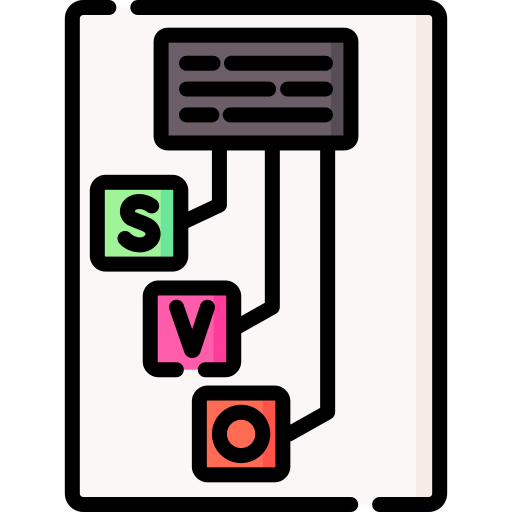 Survival Korean
Survival Korean
Completion requirements
View
기초 문법
Foundational Korean: Grammar Basics
Browse the glossary using this index
A | B | C | D | E | F | G | H | I | J | K | L | M | N | O | P | Q | R | S | T | U | V | W | X | Y | Z | ALL
C |
|---|
Compound Words | ||
|---|---|---|

DefinitionCompound words are words simply made up of two or more nouns such as dog house or univeristy entrance exam. | ||
Content Words | ||
|---|---|---|

DefinitionContent words are words that have meaning. They can be compared to grammatical words, which are structural. Nouns, main verbs, adjectives and adverbs are usually content words. Auxiliary verbs, pronouns, articles, and prepositions are usually grammatical words. | ||
Culture (문화) | ||
|---|---|---|

DefinitionCulture is a collective cognitive programming that encompasses the social behavior, institutions, and norms found in human societies, as well as the knowledge, beliefs, arts, laws, customs, capabilities, and habits of the individuals in these groups. Culture is often originated from or attributed to a specific region or location. | ||




